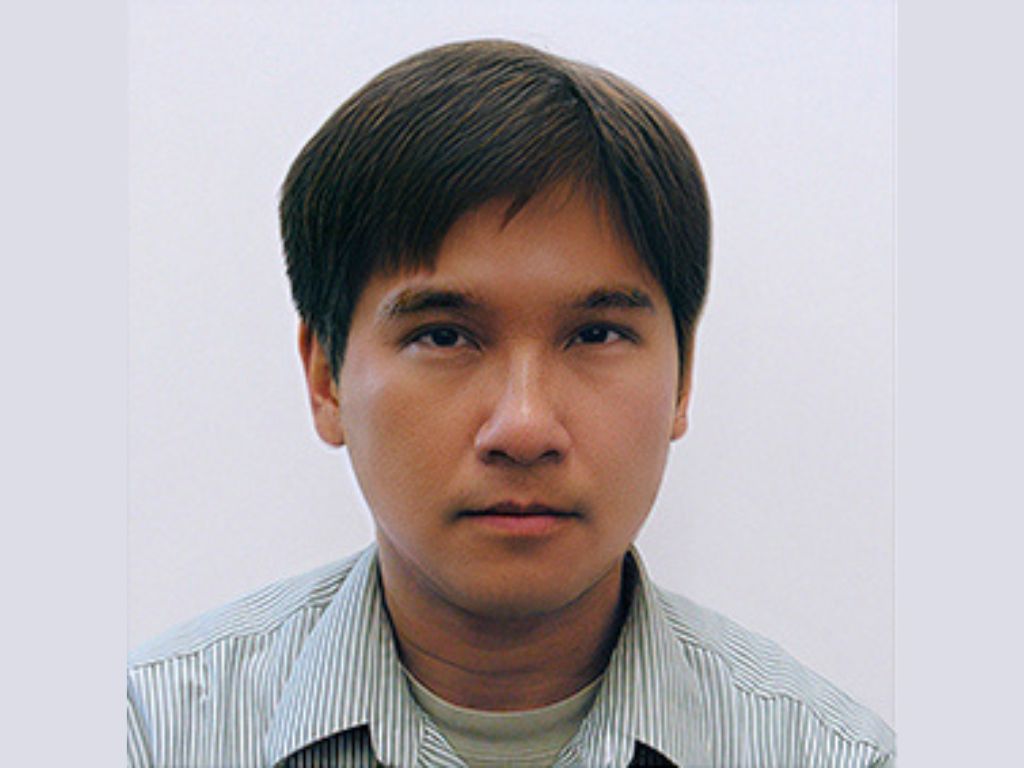
HPU Professor Chong Ho 'Alex' Yu contributed to two discussions on the role of artificial intelligent in education and ethics.
HPU Professor and Program Director of Data Science Chong Ho “Alex” Yu, Ph.D., recently contributed to two important discussions on the role of AI (Artificial Intelligence) in education and ethics. His article, “Using AI-enabled Tools to Support Minority Students’ Success in Higher Education,” co-authored with J. Hanson, was published in the International Journal of Learning and Development. Additionally, his presentation titled “Bias of Large Language Models: Evaluation of the Desert-based Approach to Fairness” was delivered at the LLMs (Large Language Models) and Philosophy Conference in Kanazawa, Japan, on September 27.
In Yu's article, he focuses on the transformative potential of AI in supporting minority students, particularly in underserved, low-SES urban areas. Yu and Hanson highlight how AI, specifically generative AI and LLMs, can help students navigate academic challenges by providing equitable access to learning tools, enhancing academic readiness, and fostering higher-order thinking skills. The study underscores the importance of tailored support and ethical AI use to ensure that these tools do not unintentionally widen existing educational gaps.

Chong Ho 'Alex' Yu.
Yu and Hanson’s research provides a framework for institutions to address individual student needs and promote ethical practices while integrating disruptive AI technologies into the classroom.
Complementing the article, Yu's presentation in Japan examined the ethical challenges associated with LLMs, focusing on how biases in AI can skew fairness. Yu’s excellent presentation explored different types of biases, including sample and algorithmic biases, and how they affect outcomes in AI systems.
One notable example saw Yu demonstrate how biased data in AI training could lead to inequitable decisions in areas like job recruitment and criminal sentencing. He argued for a “desert-based approach to fairness,” where individuals receive outcomes they deserve based on their efforts and qualifications, rather than demographic factors influenced by AI biases.
Yu’s dual contribution highlights both the promise and pitfalls of AI in modern society. While AI has the potential to bridge educational divides, it also presents ethical dilemmas when biases embedded in algorithms lead to unfair outcomes. His work calls for a nuanced approach to AI integration—one that maximizes the benefits of these technologies while remaining vigilant about fairness and equity.
Yu noted, "AI has the capacity to transform education in profound ways, especially for underserved communities. However, we need to be mindful of the ethical challenges and biases that come with these technologies, ensuring they serve all students equitably."
A three-time recipient of the SAS Faculty Scholarship, Yu has also been honored with the Distinguished SAS Educator Award. His extensive research spans data science methods, ethics, and cross-cultural studies, positioning him at the forefront of conversations around AI, education, and fairness.


